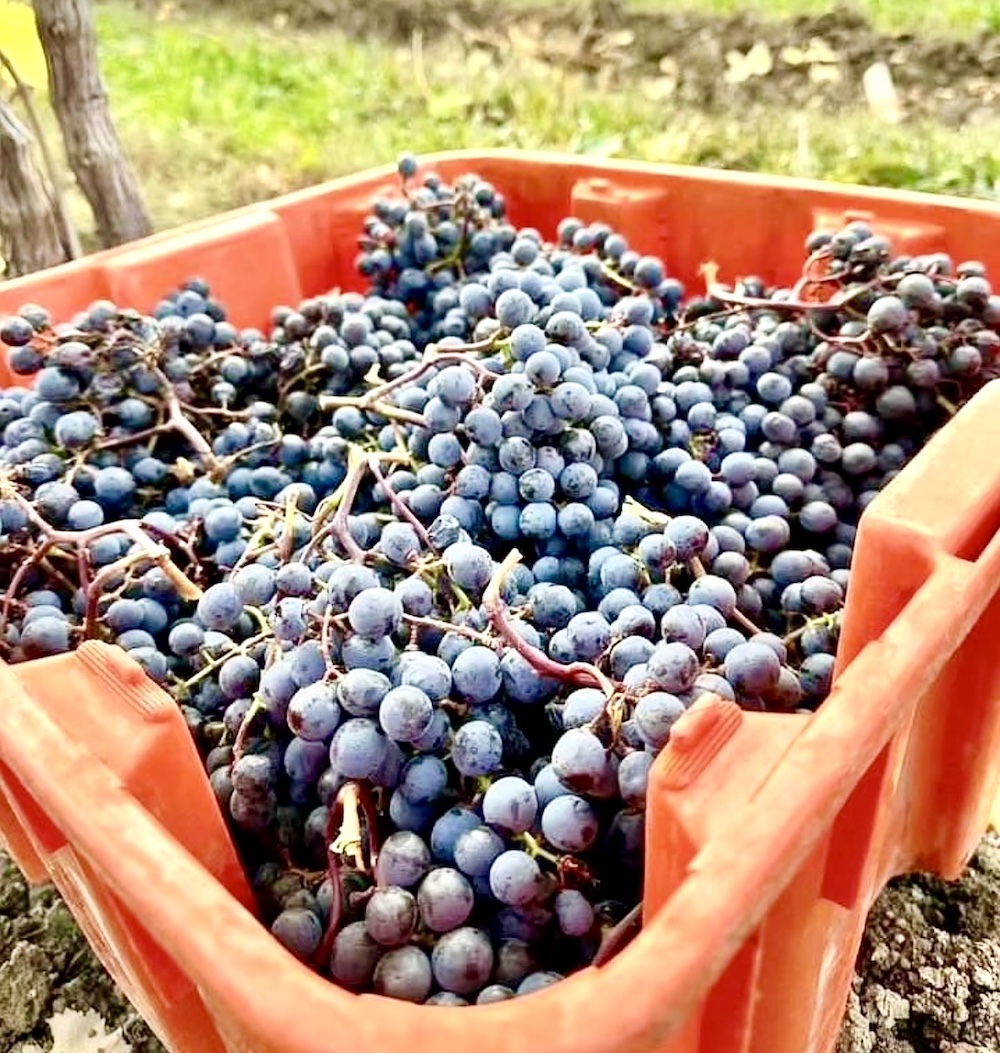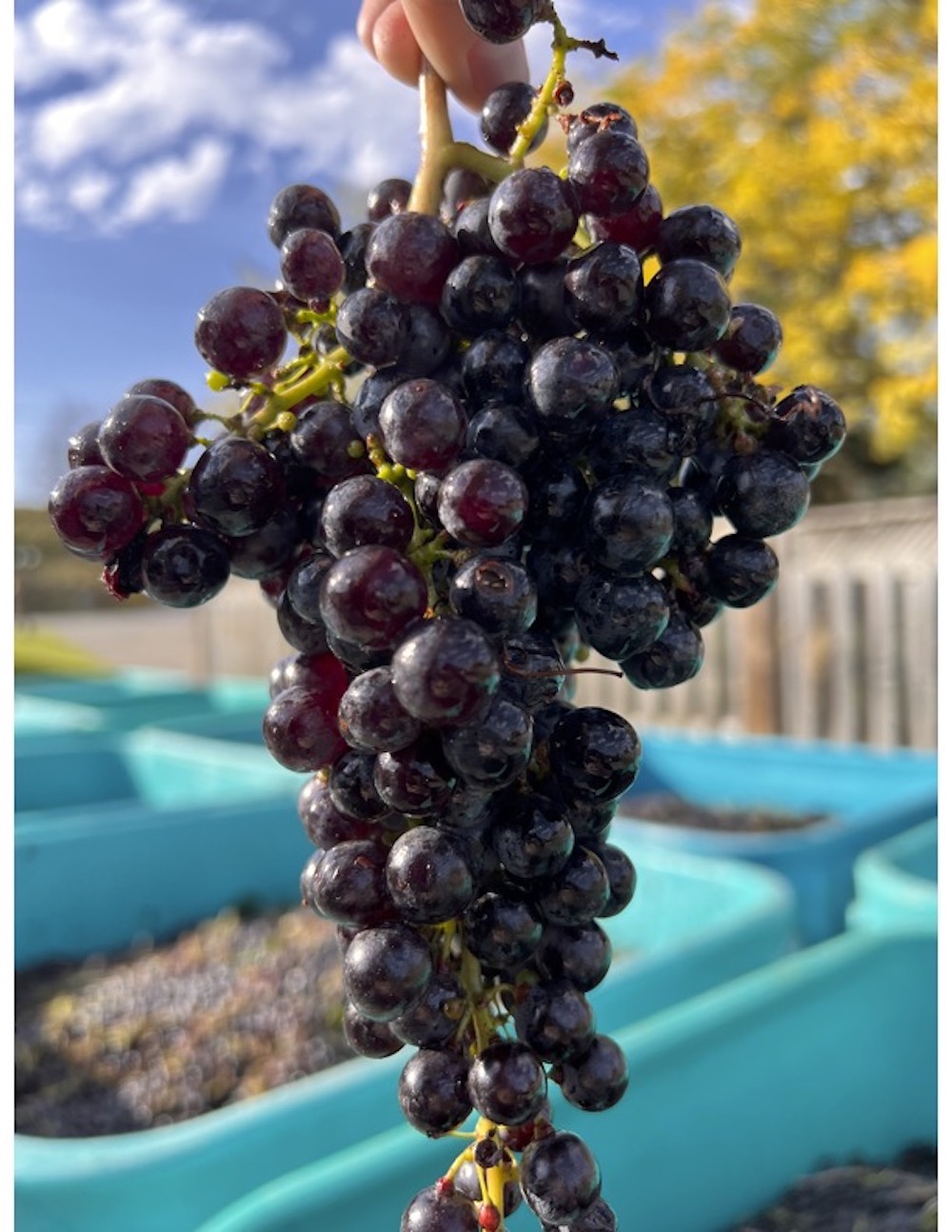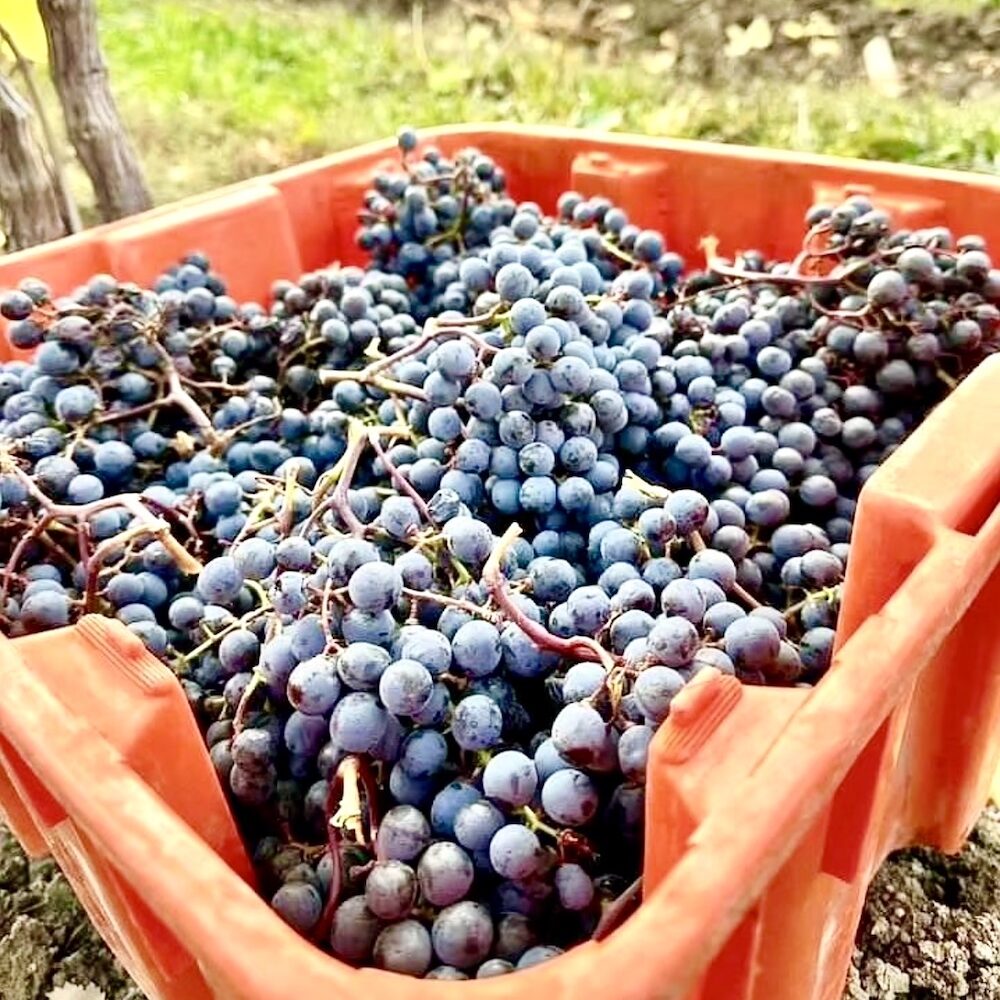The Canadian government today announced an extension to the Wine Sector Support Program with an investment of up to $177 million over the next three years.
The announcement by Lawrence MacAulay, Minister of Agriculture and Agri-Food, made at the Trius winery in Niagara-on-the-Lake, means the crucial program will continue to help the Canadian wine sector improve its competitiveness and adapt to the challenges it faces.
Canada’s wine sector is a key economic driver, providing business opportunities for grape growers and winemakers as well as jobs in rural communities across the country. While the industry has seen considerable growth over the past several years, it continues to face a range of pressures impacting its financial resilience and competitiveness, including input price increases, labour shortages, climate limitations and severe weather events.

Chris Bittle, parliamentary secretary to the Minister of Canadian Heritage and Member of Parliament for St. Catharines, said of the announcement: “Since it was first announced in June 2022, the Wine Sector Support Program has been a tremendous success in helping the Canadian Grape and Wine industry stay competitive in the global marketplace and we will continue to make investments to help wineries prosper and grow their businesses.”
Originally launched in July 2022, the Wine Sector Support Program provides financial support to help licensed Canadian wineries adapt to ongoing and emerging challenges. This new funding will provide additional support to the wine sector, incenting investments that will help to capitalize on strengths and position it for long-term success. The additional funding brings the government of Canada’s total investment through the program to over $343 million.
In addition to this funding, MacAulay also announced two initiatives under the Sustainable Canadian Agricultural Partnership, both led by the Canadian Grapevine Certification Network, to advance science and research and increase the competitiveness of the sector. This includes up to $5.9 million under the AgriScience Program – Clusters Component for the Grape and Wine Cluster, as well as up to $836,220 under the AgriAssurance Program.
The overall objective of the Grape and Wine Cluster is to support research to help the sector adapt to the increasingly frequent extreme weather events exacerbated by climate change as well as new pest and disease problems, both threats to the sustainability and resiliency of the Canadian grape and wine sector.
Funding under the AgriAssurance Program will support continued work to provide Canadian grape growers and wineries with the clean materials needed to plant certified virus-free grapevines in their vineyards, which will ensure the long-term success of the sector.
The national, regional, and local economic contribution of Canada’s wine sector has a far reach – from grape growing, to retail sales, to tourism – while also helping the agricultural sector grow and diversify. The government of Canada will continue to work with the wine industry to strengthen the sector and keep it competitive, a news release said.

Matthias Oppenlaender (above), chair of the Grape Growers of Ontario, said: “Research plays a vital role in building a sustainable grape and wine industry in Canada as we navigate the impacts of climate change. Complimentary to this, the Minister’s investment in CGCN-RCCV’s clean plant program will help sustain the vibrance of the industry at a critical point in time when we’ve realized the damage extreme weather events have caused. We are very grateful for the investment that the Government of Canada and the Honourable Lawrence MacAulay, Minister of Agriculture and Agri-Food, provided towards the resilient Canadian Grape and Wine sector.”
Quick Facts

- Canada’s wine sector generated $1.6 billion in revenue in 2022. There are approximately 850 licensed wineries in Canada, the majority of which operate in British Columbia, Ontario, Quebec and Nova Scotia.
- With new funding announced today, the Wine Sector Support Program will continue to provide non-repayable grants based on wineries’ production of bulk wine fermented in Canada from domestic and/or imported primary agricultural products.
- Eligible recipient payments are determined based on the eligible litres of wine produced. To be eligible, wine must be produced in Canada using fermented domestic and/or imported primary agricultural products in the previous fiscal year from the one in which a grant payment is approved.
- The application intake period for 2024-2025 will open on April 8, 2024, and close on May 24, Eligible wineries must submit an application within the intake window each year to be considered for funding for that fiscal year.
- The Wine Sector Support Program will end on March 31, 2027.
- Under the new Sustainable Canadian Agricultural Partnership, the wine sector is eligible to apply for support through the federally delivered programs, as well as the provincially-delivered cost-shared programs. Grape and wine producers also have access to the Business Risk Management (BRM) suite of programs.
- The AgriScience Program aims to accelerate innovation by providing funding and support for pre-commercial science activities and research that benefits the agriculture and agri-food sector, and Canadians.
- The AgriAssurance Program – National Industry Association Component funds national-level projects to help industry develop, verify and integrate assurance systems to address market and regulatory requirements and to enable industry to make credible, meaningful and verifiable claims about the health, safety and quality of Canadian agriculture products.
Note: Information provided by the government of Canada.







Good to see this initiative extended on a Federal level. However, and while I’m sure this was a quick blog entry, Rick, I would have liked to see a comment about Ontario’s part in this. Taxes on the producer, the bottles, LCBO shelf space and such.
Thanks
Ralph, yes, this was a rewrite of a news release with no homework on my part. So many arms and legs to all this fed/provincial wrangling that I could my spend my entire existence figuring it out or trying to get answers from various levels of government. Frustrating, to say the least.
The federal government is subsidizing bulk wine made from imported grapes? My tax dollars hard at work lol.